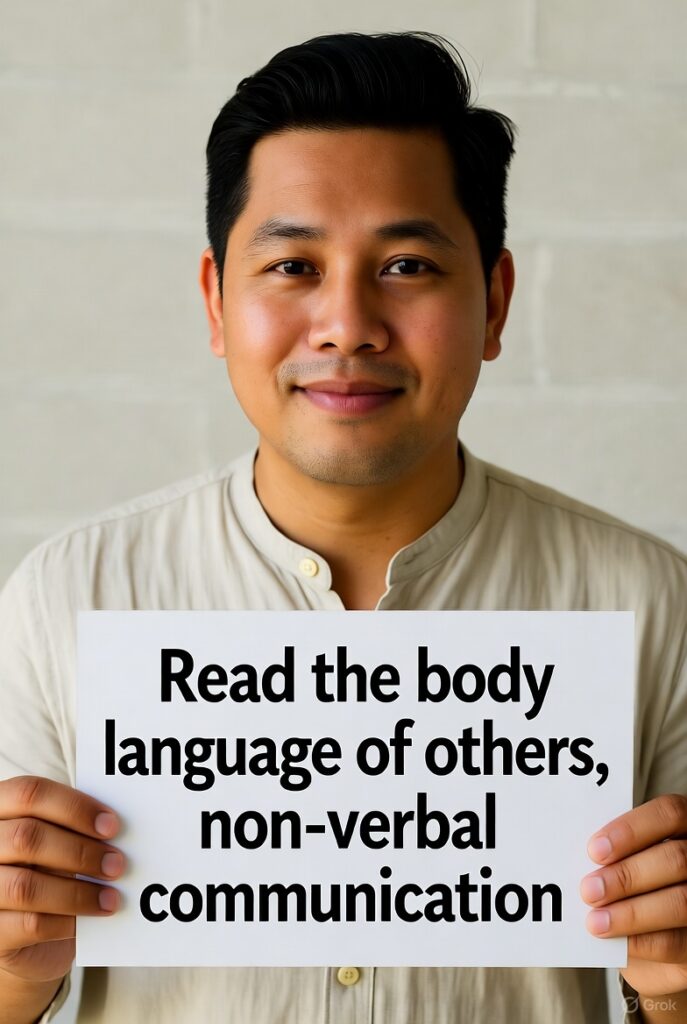- next steps after entry-level:
| Position | Main Responsibilities | Skills Needed |
|---|---|---|
| Supervisor | Manage a small team, schedule shifts | Leadership, coordination, customer service |
| Assistant Manager | Help manager run operations, handle complaints | Management, decision-making, problem-solving |
| Manager | Run department (e.g., front desk, restaurant) | Leadership, planning, budgeting, team development |
| Department Head | Oversee multiple departments | Strategic thinking, budgeting, advanced leadership |
| Director / General Manager | Full hotel or resort operations | Leadership, finance, marketing, HR, customer satisfaction |
1. Take hospitality courses or diplomas

If you want to grow in hospitality, you can take special courses or diplomas. These courses teach you how to welcome guests, help them, and solve their problems. You can learn about hotels, restaurants, and tourism. Some schools offer short courses, and some have longer programs. You can study online or in a real classroom. When you finish, you get a certificate or diploma. This helps you find a better job and earn more money. Learning more shows your manager that you are serious and want to improve. It is also a great way to meet new people and share ideas about how to make guests happy.
_______________________
to grow in hospitality – to become better at helping and welcoming guests.
to take a course – to study a subject in school or online.
to take a diploma – to complete a study program and get a diploma.
to solve a problem – to find an answer to a problem.
to study online – to learn using the internet.
a certificate – a paper that shows you have finished a course.
to be serious – to not joke and to focus on something.
to improve – to become better at something.
to share ideas – to tell other people your thoughts or plans.
2. Learn languages for international roles

Learning new languages helps you a lot in hospitality. When you speak more than one language, you can talk to guests from different countries. This makes them feel welcome and comfortable. You can start with easy words and phrases for greeting, helping, and thanking guests. For example, learn English, French, Chinese, or Spanish — these are useful in hotels. You can study online, take a class, or practice with friends. Watching movies and listening to music in another language also helps. Knowing languages gives you more chances to get a job in other countries or in international hotels. It also shows guests that you care about them.
__________________________
to feel comfortable – to feel happy and relaxed.
easy words – words that are simple to understand.
to greet – to say hello to someone.
to thank guests – to say “thank you” to people who visit.
to be useful – to help someone or something.
to study online – to learn using the internet.
to practice with friends – to do something together with friends to get better.
to watch movies – to look at a film on TV, computer, or phone.
to care about guests – to help and be kind to people who visit.
3. Develop soft skills: leadership, communication, decision-making

Soft skills are very important in hospitality. These are not technical skills but personal ones. Leadership means helping and guiding others to do their best. Communication means speaking and listening well to guests and coworkers. Decision-making means choosing the best solution when there is a problem. You can practice these skills every day at work. Be friendly, calm, and respectful. Try to understand what guests need and help them quickly. If there is a problem, think about what is best for everyone. Managers like workers who can communicate and solve problems well. These skills help you grow and move to higher positions in your job.
______________________
soft skills – personal skills to work well with people.
leadership – the ability to guide or help a group.
communication – the ability to talk, listen, and share ideas.
decision-making – the ability to choose what to do.
to choose the best solution – to pick the best answer or idea.
to practice skills – to do something again and again to get better.
to be respectful – to be kind and polite to others.

4. Be proactive: offer solutions, improve guest experience
Being proactive means not waiting for someone to tell you what to do. In hospitality, it means seeing what guests need before they ask. For example, if you see a guest looking for something, offer help right away. If a guest has a problem, try to find a good solution quickly. You can also give new ideas to your manager to make the hotel better. Maybe you can suggest a faster check-in or a cleaner room design. When you work like this, guests are happier, and your manager sees your effort. Being proactive shows that you care about your job and want to make every guest’s experience special.
________________________
proactive – to do something before a problem happens.
to offer a solution – to give an idea to fix a problem.
to improve guest experience – to make a visitor’s time better.
right away – immediately, without waiting.
to suggest something – to give an idea to someone.
an effort – trying hard to do something.
to care about one’s job – to be interested and responsible in your work.
a special experience – something unusual and memorable.
#################
Useful vocabulary: